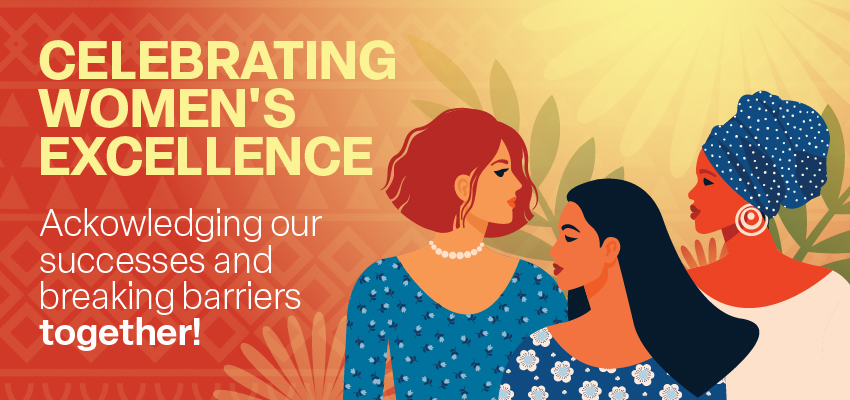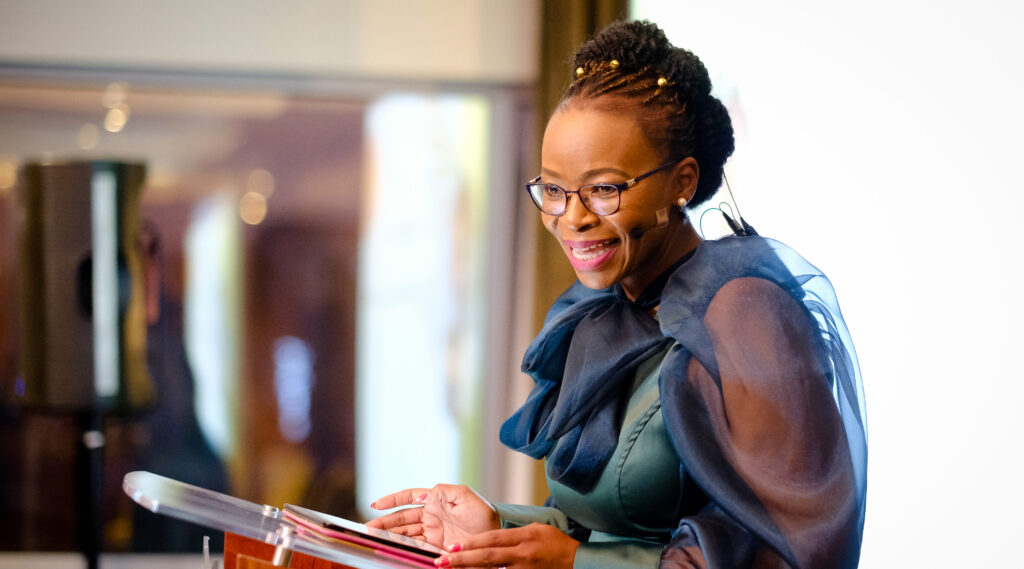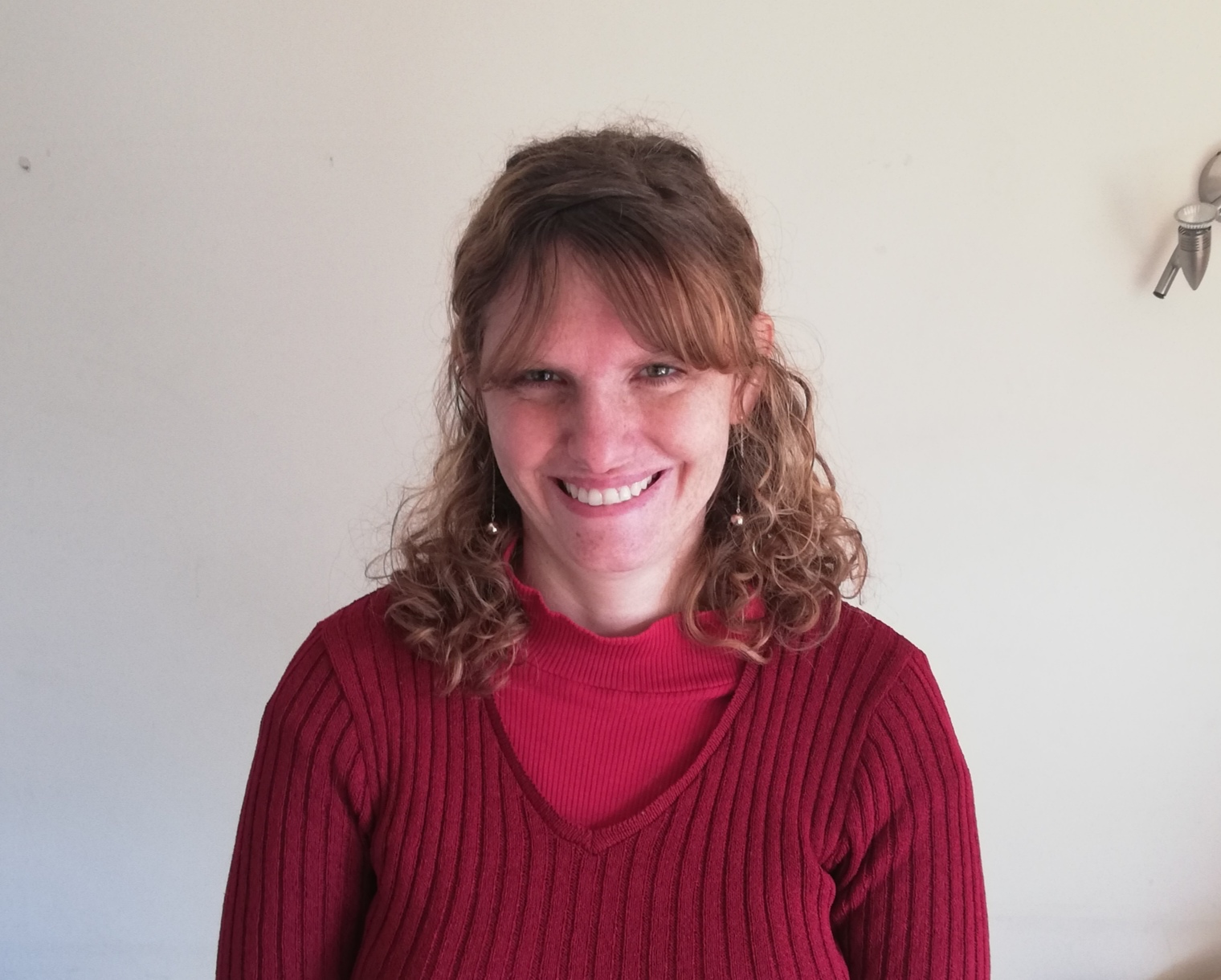Auditor-General South Africa’s (AGSA) Bongi Ngoma says the task of uplifting women is generational.
Judging by the inspirational female business leaders who attended the CFO and CHRO South Africa Women’s Dinner at the Radisson Blu Hotel in Sandton on 3 August, the country is not short of talented women. Yet, said Auditor-General South Africa’s (AGSA) head of audit Bongi Ngoma, their value is not always recognised or cultivated as much as it should be.
“Women’s Month compels all of us to take a step back and reflect on gains made so far and gaps that persist, and ask what we are all going to do in closing those gaps,” she said. “We need to be empowering women so that they reach and find their true potential.”
Bongi echoed the words of inspirational political activist Charlotte Maxeke, who said: “This work is not ourselves. Kill that spirit of ’self’ and do not live above your people. If you can rise, bring some with you.” She encouraged rising female leaders to lift others. “The ‘as you rise’ is simultaneous and continuous,” she said. “You don’t need to wait to be at the top to begin to lift.”
As the first public sector CFO to win a CFO award, Bongi said that such upliftment is especially necessary in the public sector, reflecting on its shortfalls. “We all must be agitated by and intolerant of mediocrity that remains in the sector,” she said. “As leaders, when we read stories of kids who go to bed hungry and die in hospitals, we must be restless. Excellence and success have to be non-negotiable in the public sector too. We must reimagine and redefine success regardless of the nature of the sector – each sector has a direct impact on everyone in our country.”
Bongi used the analogy of the Titanic, where the third-class passengers were scooping out the water water that was coming into the ship, while first-class passengers on the top floor were sipping cocktails and eating oysters – curious but dismissive of what was happening on the ground floor – until the entire ship sank. “When the public sector does not prosper, the whole country sinks,” she said. “That’s why we must lift everyone regardless of the sector in which they operate.”
Women have come a long way since a court case in 1913 where they were declared not to be people, she said. “It’s been a journey of overcoming the odds and disparities. We now not only occupy the spaces in which we work, we also lead in those spaces.” Despite the progress, the pace of this is sometimes slow, sluggish and inconsistent, she added, and women are sometimes the reason for this.
Exploring this issue, Bongi questioned an invisible law in the female culture which shapes how we interact. This law says that for a relationship to be healthy, the power and self-esteem of one woman must be exactly the same as another. When this is disrupted, problems ensue, she said.
“Sometimes, as women, we also refuse to lighten loads of those that come after us, saying, ‘I suffered and fought hard to climb the ladder to success, so you must also suffer,’” she explained. “Then we kick the ladder.”
A tendency that upsets her the most, added Bongi, is that women then lead like men, adopting male playbooks in the workplace. She questioned why this is the case, especially since women are known to be advocates of change. “It may be because we never took time to reflect on women leadership, never painted a portrait of what a great woman leader should look like. I believe we owe this to ourselves.
“These days women who are supposedly great are commended for qualities that are dominant in their male counterparts like being cut-throat and tough,” she continued. “We need to rediscover and celebrate our unique female strengths in the workplace.
“Sometimes as women we are insecure and threatened by the strength of others. It’s pertinent to recognise that as you lift as you rise, the women you are lifting may succeed and may even be greater than you, and this is the end game,” she stressed. “It is to me, the pinnacle of leadership. Their success is your success; they become a reflection of your leadership. We should not be threatened.”
Concluding her talk, Bongi spoke of the way that flocks of birds fly together in a “V” formation and suggested ways female leaders should emulate their example. Birds fly together in a structured order without competing, but rather complementing one another, she said. In this way synergy is created.
In fact, when birds fly in formation, the energy they need to reach their destination is reduced by 70 percent. “When we fly together as women and leaders, we can get to where we’re going much faster and more efficiently because we will benefit from the momentum of the group,” said Bongi. “As women, we go much further when we fly together.”












